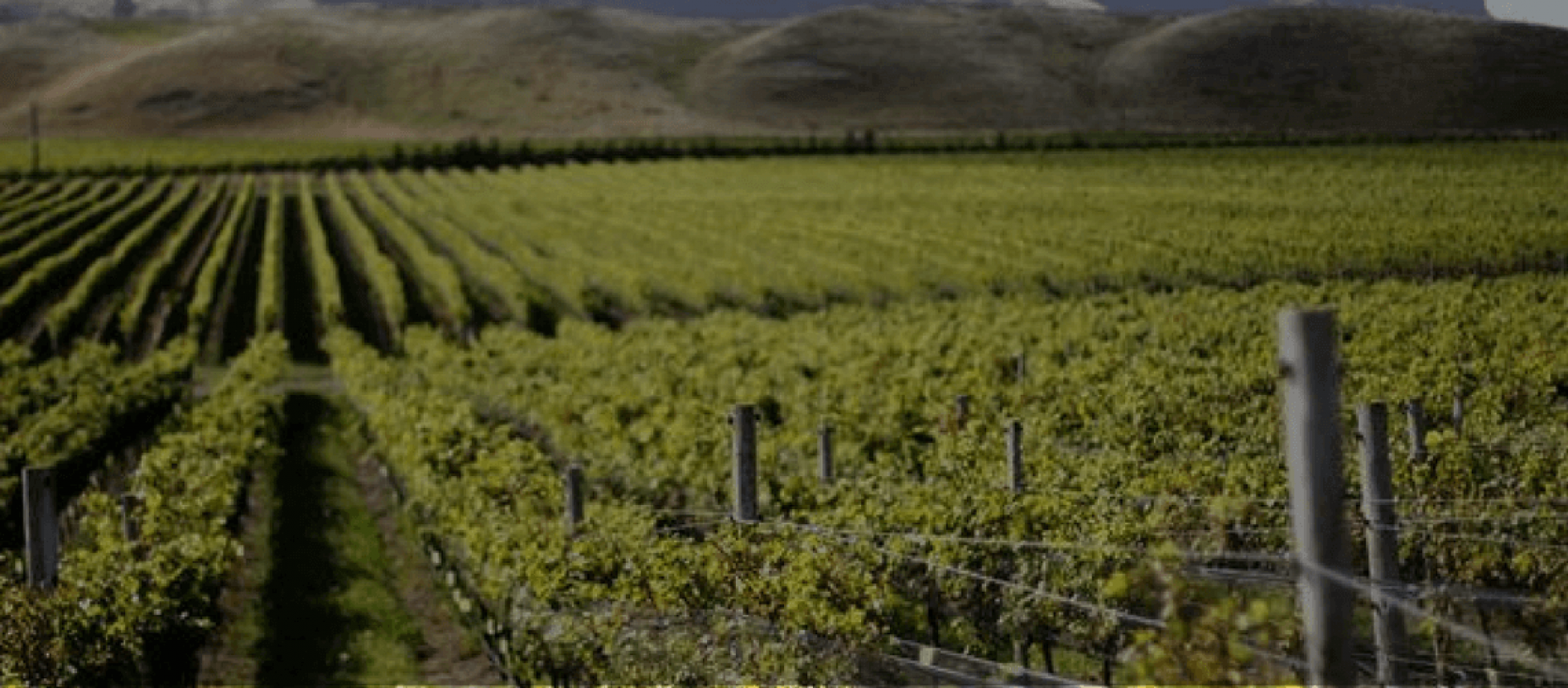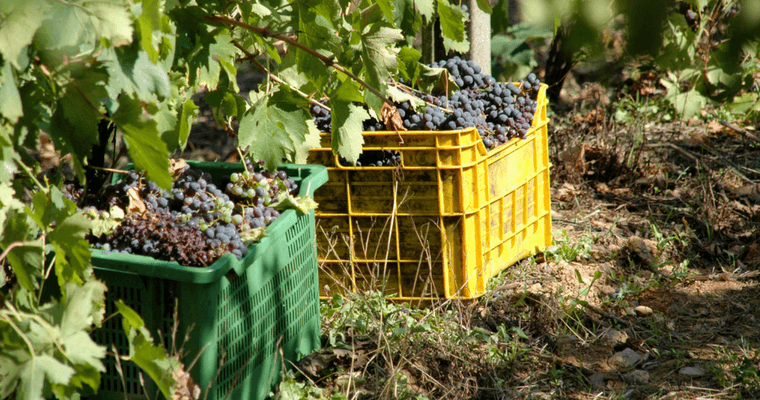Blog
Insights
6 Reasons You Don’t Sell all the Wine You Make

IBWSS San Francisco – the largest conference series for private label wine, beer and spirits program managers and retailers in North America
The wine business is the most competitive consumer product group in the world. I defy you to come up with a category with more choices and more complexity. Oh, and guess what- every vintage is different! Not to belittle the talent it takes to grow grapes and make wine, but you could be awesome at both those things yet if you suck at selling it, you’d better have a fat bank account from which to hemorrhage money.
If you (profitably) sell all the wine you make consistently every year, stop reading this post. You sure don’t need to waste one more second listening to me. But, if you’re among the THOUSANDS of winery owners who lay awake at night because the grapes for the new vintage are ripening in the vineyard while the current vintage remains stacked in your (or worse, your distributor’s) warehouse, please read on.

1. Depending too much on your distributors. Bottom line, distributors can only magnify YOUR efforts. If no one from your sales team has been in the market for six months (and I mean to work that market), don’t blame the distributor for your piss-poor results. All they are doing is magnifying your effort which, of course, is zilch. You’ve got no business asking for meetings or anything else if the remnants of your sales team’s shoe leather aren't strewn all over town.
2. Too much emphasis on product knowledge. Let me preface this by saying I have the palate of a wolf and in a million years I could never become a Master Sommelier. My hat is off to anyone who can do it. They are the rock stars of our industry and they deserve our unwavering respect. But, I’ve sold millions of cases of wine in my career and made a handsome living for my family with only a slightly above average knowledge of wine.
Wine knowledge is great- in fact, it is compulsory. But if you own a winery and you think “more education” is going to help you sell more wine, get used to disappointment. If your job is to sell wine or manage a team of people who sell wine let me give you some sobering advice: no one makes any money in this industry until someone BUYS something. I know this sounds blasphemous, but our industry revers wine knowledge at the expense of commerce. If the word “sales” is anywhere on your business card, you should sniff & swirl less and pound the pavement more.
3. Success in selling wine is not about persuasion. It’s also not about giving a great presentation or expertly overcoming objections. And, it sure as hell isn’t about features and benefits. I swear if I hear one more salesman tell me how often they stir the lees or how great their wine pairs with seabass, I’m going to drop an f-ing toaster in my own bathtub.

Get Your Free Visitor Pass Today and Book Your Conference Ticket at the Lowest Price.
Register To Attend
Success in selling is about targeting the right customers and helping them improve their business. You can get anything you want in life if you’re willing to help enough other people get what they want. Shut up. Do your homework. Come back when you can add real business value. Rinse & repeat.
4. Treating all customers as if they had the same value. It’s shocking to me how rare it is to find a sales leader in the wine business that not only believes in the 80/20 rule but has the discipline to apply it. “Accounts Sold” is the worst metric in our industry because it assumes an account is an account. A better metric is sales per point of distribution (velocity). Identify the 20% of the customers who sell 80% of the wine in each market and ignore the rest until you’ve met your volume goals. And for heaven’s sake, don’t ask your distributor to do this for you. It’s 2018 for crying out loud. The data and technology exist for you to do this yourself.

5. Most salespeople suck at time management. It’s a fact: left to their own devices, salespeople rarely act in the best interest of the company (or even themselves, for that matter) when it comes to how they spend their time. Salespeople need direction. The single fastest way to accelerate your sales volume is to restrict all sales activity to only the most attractive and responsive accounts and ignore the rest. Salespeople everywhere confuse activity with achievement – and shame on you sales leaders for letting them do it. Being “busy” is worthless unless it is accompanied by a large stack of orders. So, the reverse is also true- if a salesperson consistently meets their sales goals year after year, they should be allowed to do whatever they want whenever they want to. They’ve earned it.
For everyone else, though, the solution is CRM. “Oh, it’s too expensive. Oh, it’s so complicated. Oh, it’s so ‘big brother-ish. Oh, we don’t want our salespeople doing all that admin.” Let me clue you in- they’re already doing admin, they’re just doing it poorly. Fire your 2 or 3 worst performing sales people and use the money to invest in CRM. Don’t look at the cost. Look at the ROI. Which is more expensive? A forklift or a hand truck? Forklifts, while more expensive than hand trucks are worth every penny when it comes to moving wine around in your warehouse. If you want to move lots of wine in the market, invest in CRM.
6. You don’t know enough about where all your wine is sold now. Complacency cannot exist in an atmosphere of knowing. The data exists right now to know where every bottle of your wine was sold (talking retail level depletions here a.k.a. RAD). By store address. By SKU. By channel of trade. Chain or independent. You get the idea. This data should be on every winery owner’s desktop in a format that can be sliced and diced and analyzed with just a few mouse clicks. Another great reason to use CRM. Not only should you know who your best accounts are all over the country, but you should also be able to communicate directly with them. It’s been said, “The best thing to put in a vineyard is the owner’s footprints.” Well, “footprints” in the market is equally important and business intelligence at your fingertips is what makes those footprints.
I want to make a very significant point, here: I’m not talking about the depletion reports you get from your distributor. I’m talking one centralized source that collects, aggregates, and delivers the data to you. You can’t afford to not buy this data and the tools to analyze it. It is so easy to get caught up in the romance of wine in this industry because wine is romantic. After 34 years in the industry, however, I can credibly say there’s a terrific paucity of business acumen. I hope this blog post makes lots of winery owners stop and think about the business part of their wine business. And, as always, I’m here to help with that.
About The Author:
 Ben Salisbury is the Founder and President of Salisbury Creative Group, Inc. based in Richardson, Texas. Ben and his team specialize in helping small-to-medium sized sales teams punch above their weight class. He is one of our key speakers at the International Bulk Wine & Spirits show in San Francisco.
Ben Salisbury is the Founder and President of Salisbury Creative Group, Inc. based in Richardson, Texas. Ben and his team specialize in helping small-to-medium sized sales teams punch above their weight class. He is one of our key speakers at the International Bulk Wine & Spirits show in San Francisco.
If you're a bulk wine or bulk spirits supplier, contract bottler, or private label producer aiming to connect with serious trade buyers, IBWSS San Francisco is the event you can't afford to miss. Get a quotation or Book a exhibitor table.

